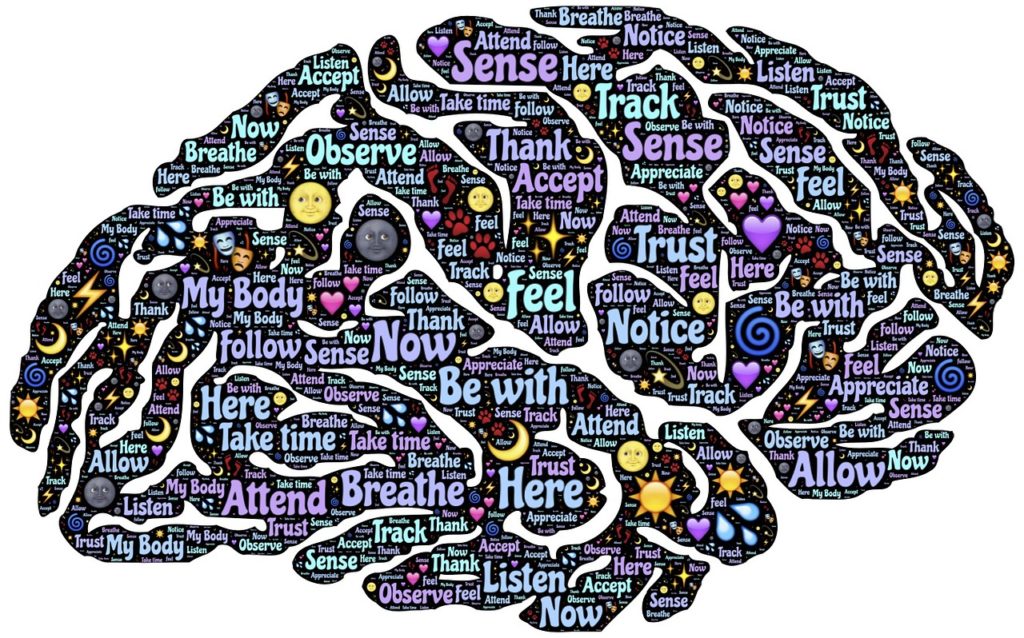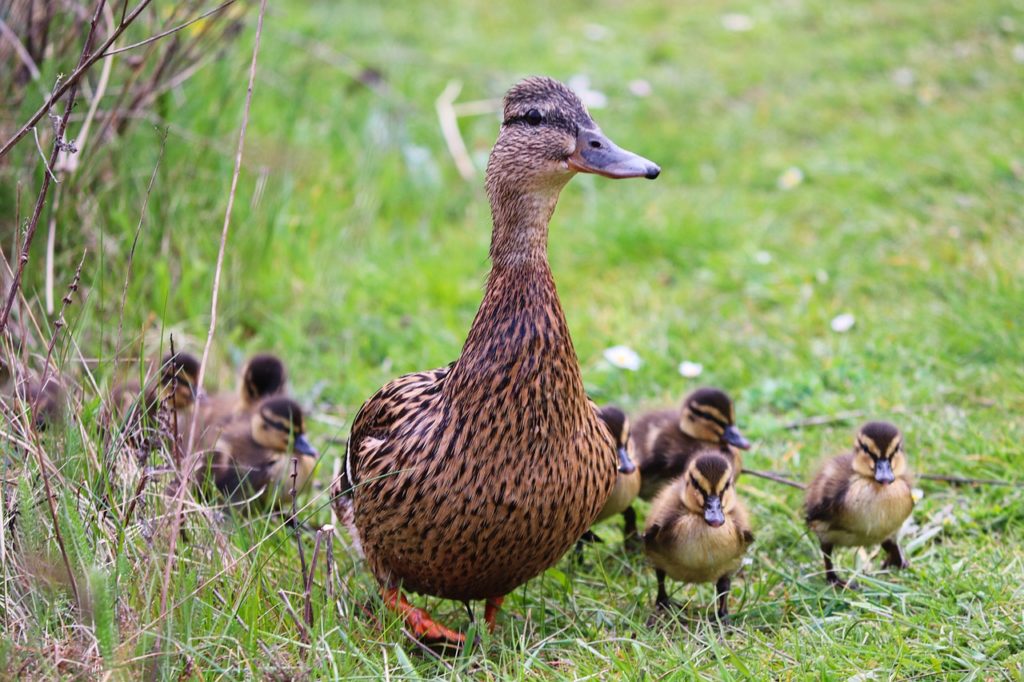Bias is both something we have – i.e., beliefs “held” in our Elephant about right and wrong, about people, about how the world works [or should work] – and something we do – i.e., in that Rider activity called thinking.
In short, bias in the Elephant is the influence it has on what we feel (i.e., our reactions); and bias in the Rider is the influence it has on what we think (i.e., our thoughts and supposed rationality).
________
In the Elephant*, [a] bias is an emotional belief (i.e, a like or a dislike, an opinion or judgment that has been made for or against something or someone) that is “used” in creating our reactions.
Here bias is defined as “the tendency to lean in favor of or against a person, group, idea, or thing.” This definition is often appended to include “…usually in a way that is unfair.” And, yes, most people do come to relate such an accusation (i.e., “You’re biased!”) to imply some negative connotation, as if being biased is a bad thing.1 Yet…being biased is what we are and what we do! And herein lies the real danger – if the bias is wrong (i.e., untrue, unfair, uninformed [our being ignorant], indefensible), then we’re going to make judgmental and harmful mistakes…and this might well result in (however unintentionally) hurting others…and ourselves!
In the Rider*, bias is the influence that our beliefs and preconceived notions (i.e., our [prior] conditioning) have on our thinking. What is particularly relevant to know is that bias is usually a hidden factor (i.e., the Rider is generally unaware of its “influencing” effect) and, while it can be positive, is potentially quite harmful. And this is why learning about, understanding, and developing cognitive skillsets to mitigate bias is so important…
______________________________
1 Biases Are Neither All Good Nor All Bad @ https://www.psychologytoday.com/us/blog/hovercraft-full-eels/202009/biases-are-neither-all-good-nor-all-bad
*Elephant/Rider Model: Based on the metaphor from The Happiness Hypothesis, Jonathan Haidt, 2006.

